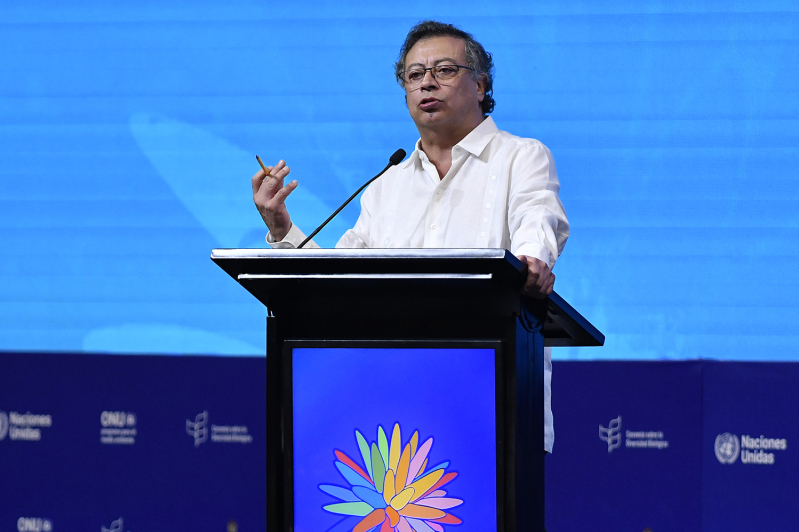
The government of Gustavo Petro has introduced a sweeping tax reform bill in Congress that would require churches in Colombia to pay income tax on their commercial activities. Worship-related work such as congregational meetings, Masses, services, or prayers would remain exempt.
Filed on Sept. 1, the initiative seeks to raise 26.3 trillion pesos ($6.56 billion) to finance the 2026 General Budget, which at 556.9 trillion pesos ($139 billion) would be the largest in the country’s history, Reuters reports.
The measure forms part of the government’s effort to expand the tax base. Officials have been considering taxing religious institutions for years. A similar proposal surfaced in 2022 but failed to advance in Congress.
Key changes under the proposal
Churches and religious groups would be required to separate income from worship activities from that generated by commercial ventures, such as renting halls, operating cafeterias, schools, or media outlets. Only the latter would be subject to income tax, according to La República.
Data from the National Directorate of Taxes and Customs (DIAN) show that in 2019 and 2020, churches reported gross income of 4.7 trillion pesos ($1.17 billion) and 4.1 trillion pesos ($1.02 billion) respectively, with assets exceeding 12 trillion pesos ($2.99 billion).
Economist Salomón Kalmanovitz estimates that religious assets today total about 19 trillion pesos ($4.74 billion), equivalent to roughly 2% of Colombia’s GDP, according to Infobae.
The debate follows Decree 0572 of 2025, which had already imposed taxes on services provided by religious institutions—such as rentals and cafeterias—and introduced withholding on donations and offerings. Critics at the time argued that the decree represented regulatory overreach without congressional approval.
Supporters and critics
The proposal has ignited political and religious debate. Senator Lorena Ríos of the Colombia Justa Libres party rejected the bill, saying: “The government intends to impose a burden on churches, disregarding their noncommercial nature and their social contribution. I will once again fight to prevent taxes from being imposed through improper and unconstitutional ordinary laws.”
Former Finance Minister José Antonio Ocampo expressed partial support. “The work of churches that is not strictly worship can be subject to taxation. Religious services should remain exempt,” he said. However, he cautioned that no tax reform should be approved without a commitment to reduce public spending.
Euclides Eslava, a theologian at the University of La Sabana, warned that poorly designed tax legislation could harm the educational and social work of churches. “We must differentiate the sacramental, which should not be taxed, from the commercial, which is,” he said.
Former DIAN director Lisandro Junco noted that many churches already comply with tax obligations. “It is a fallacy to say that churches do not pay taxes. More than 14,000 filers already meet obligations for income not related to worship, including income or ICA taxes,” he said.
Finance Minister Germán Ávila defended the bill as a tool to ensure fiscal stability and equity. He argued that taxing religious institutions with multimillion-dollar commercial incomes, without touching strictly religious work, strengthens public finances while protecting lower-income taxpayers.
The issue is not unique to Colombia. In Mexico, Chile, and Costa Rica, donations and tithes are exempt, but business income is taxable.
Based on reporting by Diario Cristiano, Christian Daily International's Spanish edition.





